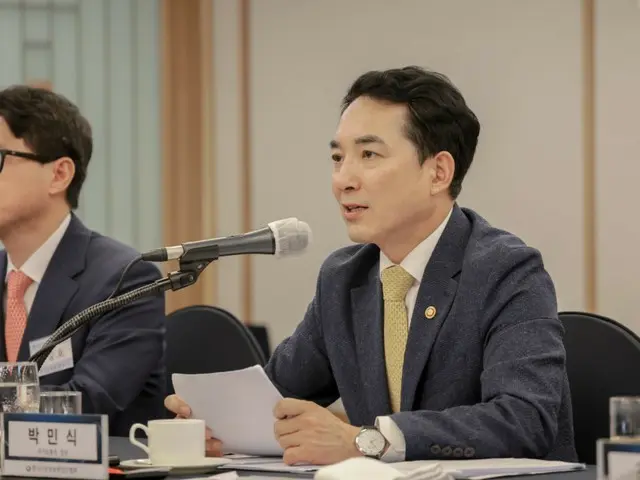The bill was passed only by opposition parties, including the Democratic Party of Japan (DPJ). However, the ruling party ``People's Power'' strongly opposes this bill, and attention is focused on whether it will be passed in the 21st National Diet.
ing. The Political Affairs Committee held a plenary session that morning to process the bill, but the people's power requested that it be referred to the Coordination Committee. Exclusive processing by the Democratic Party, which has a numerical advantage within the Political Affairs Committee
It was an attempt to put the brakes on the. The Item Coordination Committee is a mechanism within the standing committee that deliberates for up to 90 days on bills that are at issue between the ruling and opposition parties, and passes them if four out of six committee members agree. death
However, the members are three Democrats, two People's Power, and one non-negotiating group (Progressive Party), giving the opposition party a numerical advantage. The Political Affairs Committee held a project coordination committee meeting in the afternoon of the same day at the request of the ruling party.
Once again, the bill was debated by the opposition parties and moved to a plenary session, with ruling party members not participating. No ruling party members attended the plenary session that followed.
The Democratic Meritorious Persons Act clearly recognizes sacrifices and contributions in order to establish the basic liberal and democratic order that the Constitution aims for.
Those who have developed social sympathy will be subject to meritorious treatment after being examined by the Ministry of National Honors. There are already related laws and regulations after April 19th (APRIL Revolution) and May 18th (Gwangju Incident).
The purpose is to give preferential treatment to people who suffered damage such as death, injury, or conviction during democracy movements outside the country. The bill will give preferential treatment to people of democratic merit and their bereaved families or families based on their sacrifices and contributions, but
The degree of preferential treatment can be changed based on factors such as level and age. Both parties argue that the victims of the democracy movement, who have been left in the blind spot of giving thanks, should be treated with due respect. The power of the people is a “false existence”
"It's a bill to increase the number of successful people," he criticized. In July of last year, after heated debate between the ruling and opposition parties at the Bill Review Subcommittee, the bill was approved by the opposition parties alone.
Kang Min-kook, a member of People's Power, said at the general meeting, ``A police officer died.
All those involved in the Dong-e-Dae incident, which resulted in the death of the Korean government, and the Nammin-seon incident, in which armed robbery was committed in order to raise funds for activities, are now being examined as persons of merit for democracy. There are many problems with the content."
On the other hand, Rep. Kim Jung Min of the Democratic Party, the leader of the opposition party, said, ``This is not a bill that would designate people of merit in the democracy as mentioned by Rep. Kang, but clearly has social sympathy.''
"The idea is to honor those who have passed the examination by the Ministry of National Honor and Honor." The ruling party members, who left the party en masse after an argument between the ruling and opposition parties, held a press conference in the Diet and said, ``The Democratic Party's mainstream
"This is a movement bloc preferential inheritance law created in order for certain movement bloc powers to enjoy vested rights that have been passed down from generation to generation." Before the bill was voted on, Park Min-sik, Minister of National Honor and Honor, said, ``I feel like it's a disaster.''
I have it. This is an anti-constitutional law that completely overturns Korea's direction and values. It was processed without the consent of the ruling and opposition parties. No one in the country will sympathize with this."
Furthermore, ``There is no social consensus as to what kind of cases should be recognized as incidents of democratic merit, and the standards and scope of recognition are clearly defined in the law.''
The minimum principles that should be stipulated were also not observed. "Can a black law, with no standards for deliberation and no clear target, be called a law?"
2023/12/15 07:15 KST
Copyrights(C) Herald wowkorea.jp 104

